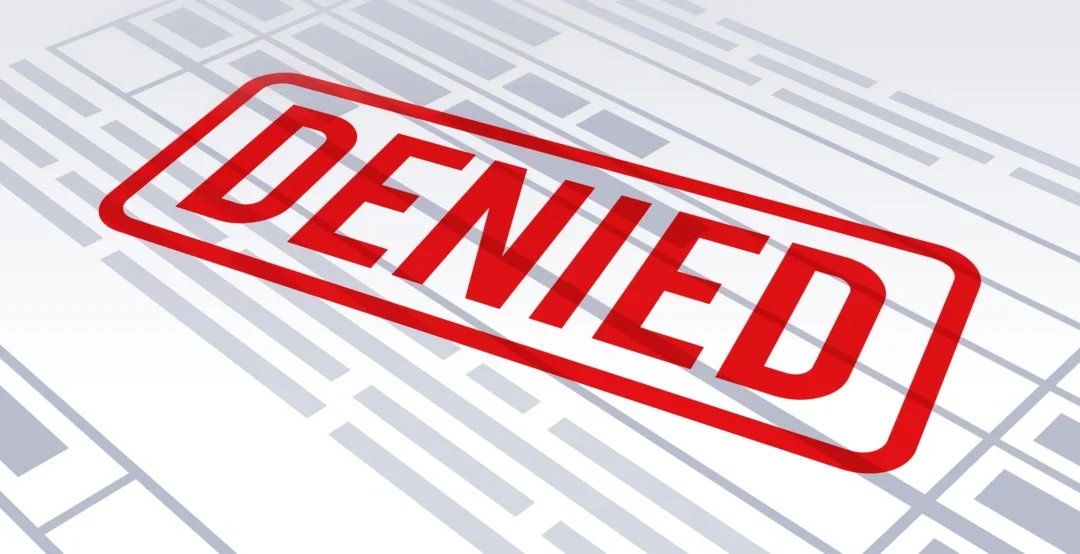
The Trump Administration has frozen Title X funding which has been a key source of support for reproductive health care and family planning services in Iowa. (Courtesy Family Planning Council of Iowa)
The Trump administration’s sudden cuts to Title X funding could affect family planning services for low-income Iowans soon.
“This funding really is important for a lot of Iowans.”
On the Friday before Easter, Allison Smith, executive director of the Family Planning Council of Iowa, isn’t thinking about cooking a fancy dinner—she’s worried about her clients and staff.
“Family Planning providers are trusted health care providers in our community,” Smith said. “For 60% of Family Planning clients — we’re their regular source of health care. For 40% of clients, it’s their only health care.”
The Family Planning Council of Iowa is one of two organizations that receive funding through Title X. The other is the Iowa Department of Health and Human Services. Part of both of the organizations’ federal funding has been frozen by the Trump Administration.
The Council has already received about $1 million — which is less than half of its expected funding for this grant year. “If our usual $2.2 million Title X budget isn’t fully funded this year, we’re bracing for as many as half of our clients to lose access to services supported by Title X funding.”
Those services: providing access to reproductive health care and family planning, including access to contraception, STI testing, cancer screenings, fertility testing, and preventative care.
Title X funding also matters in Iowa because it covers care for people who don’t qualify for Medicaid or state programs, as well as low-income people.
“It’s an attack on birth control,” Smith said. “It’s an attack on lower-income folks. It’s really disappointing.”
For Family Planning’s 15 clinics and 21,500 clients, Smith said she’s not sure how they’ll be able to keep the organization sustainable without full funding —Title X has already been underfunded for years. The funding also helps pay for jobs — providers, educators, and nurses. She said, ultimately, it comes down to people not having places to go to get care.
“Iowa already has a huge shortage of health care workers, particularly in OB-GYN and maternal health care, and this further reduces access to that care,” she said.
Smith said people can help protect health care access in Iowa by contacting members of Congress and asking them to advocate for full funding for Title X in Iowa.
She added she’s concerned that if the organization doesn’t get the rest of the funding, it could mean reducing services or even closing clinics. “It really leaves us and our clinics in a tough spot. We can operate for six months, then we don’t know.”

Surviving cancer in Iowa: Caregivers, advocates share their stories
Cancer in Iowa isn’t just about the research studies and the statistics. Real Iowans and their families are behind each diagnosis. Read our first...

We sent Iowans nitrate tests to check their water. Here’s what they found
This story first appeared in the Sept. 30 edition of the Iowa Starting Line newsletter. Subscribe to our newsletter to get an exclusive first look...

How can policymakers help reduce Iowa’s cancer rates?
This story first appeared in the Sept. 23 edition of the Iowa Starting Line newsletter. Subscribe to our newsletter to get an exclusive first look...

Fighting a health insurance denial? Here are 7 tips to help
By: Lauren Sausser When Sally Nix found out that her health insurance company wouldn’t pay for an expensive, doctor-recommended treatment to ease...

Iowa leads the nation in binge drinking—and faces higher cancer risks from alcohol
This story first appeared in the Sept. 16 edition of the Iowa Starting Line newsletter. Subscribe to our newsletter to get an exclusive first look...

What you can do to reduce your cancer risk: The big six for Iowans
A version of this story first appeared in the Sept. 9 edition of the Iowa Starting Line newsletter. Subscribe to our newsletter to get an exclusive...





